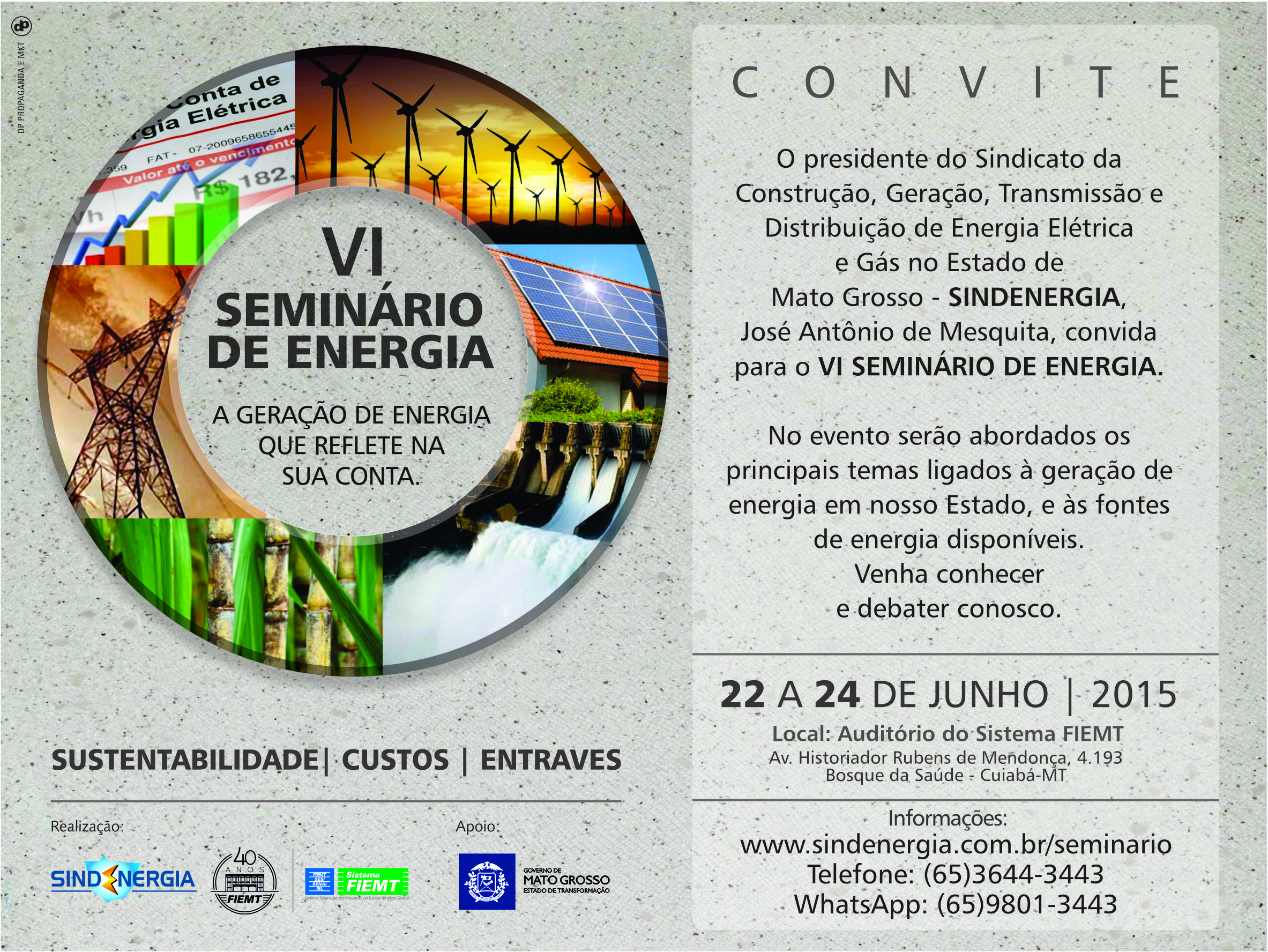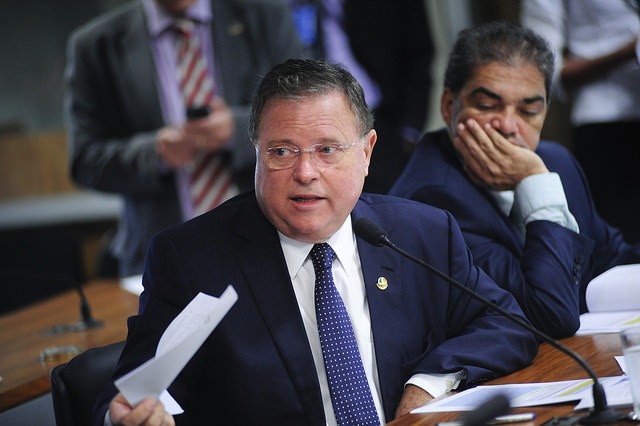Fonte: ANEEL

CLIC Energia publishes the 11th of 30 projects selected for the 4th Edition of R&D Magazine, launched 8/17, during the VI Congress on Technological Innovation in Electrical Energy (CITENEL) and the II Energy Efficiency Seminar in the Electric Sector (SEENEL), held in Fortaleza (CE).The objective is to show society the results achieved with R&D projects.The onsite publication accompanies the order used in the magazine.
The Light Serviços de Eletricidade S/A article shows a smattering of domestic and international practices for supplying energy to needy populations, focusing on the offer of energy in areas served by Pacifying Police Units in Rio de Janeiro.The addressed cases include experiences in Argentina, Chile, Colombia, India, Malaysia, Morocco, Mozambique and the United States, as well as initiatives by other Brazilian distributors.
As a result, the Graduate Studies Program in Metrology for Quality and Innovation at PUC-Rio, responsible for the study, presented recommendations for supplying energy to low-income consumers, such as the incentive for registering in the Social Tariff benefit, education for the economic use of energy and financing for changing inefficient household appliances.In order to combat irregular consumption, the study suggests measures such as the adoption of remote measurement and self-monitored transformers.
The articles can be consulted in their entirety here (R&D Magazine 4th Edition).(BT/GL).
Read what has already been published.
ANEEL launches fourth edition of R&D magazine on the first day of CITENEL
Meet the R&D projects developed in the electricity sector
R&D magazine: Photo sensor assists in environmental monitoring
R&D magazine: CHESF improves alarm system for diagnosing failures
R&D magazine: Project presents proposal for allocating losses in transmission
R&D magazine: Stepped spillway model reduces kinetic energy at plant
R&D magazine: System helps planning for multiple use of river for generation
R&D magazine: Study points to benefit for municipalities affected by flooded areas
R&D magazine: Tool improves analysis of underground distribution network
R&D magazine: Methodology identifies critical spans in transmission lines
R&D magazine: Equipment automates gauge calibration
|
Study makes recommendation for formalizing supply to low-income consumers
Researchers at PUC-Rio analyzed domestic and international practices for regulating energy supply for the needy population aimed at elaborating recommendations for the areas served by the Pacifying Police Units in Rio de Janeiro.Of the nearly 50 cases analyzed, 18 were chosen due to their similarity in characteristics in relation to the desired profile:high concentration of consumer units in violent urban zones, marked by informality, served by a private utility that complies with price ceiling regulations, with a tariff subsidy and low capacity for energy bill payment.Among these cases, the most prominent were the experiences in Argentina, Chile, Colombia, Peru, Uruguay, India, Malaysia, Philippines, South Africa, Mozambique, Morocco, United States and Brazil, especially regions served by Eletropaulo (SP), Coelba (BA), Coelce (CE), Celpa (PA) and Light (RJ).As a result, the study presented six recommendations for formalizing energy supply to low-income consumers.One refers to income generation and an increase in payment capacity.This item recommends the utility to help these consumers receive their Social Identification Number (NIS), one of the requirements for the consumer unit to obtain the Social Tariff benefit.Another suggestion is to implement programs such as exchanging recyclable garbage for discounts in the energy bill and job and income generation projects, as well as training workers at companies installed in the community.It is also recommended to sign social agreements and to promote education for energy consumption, as well as encourage energy efficiency through the installation of solar heating panels to reduce the consumption of electric showers.The study also points to adopting a local credit policy through financing the replacement of inefficient equipment.Improving civil construction energy efficiency standards also appears among the recommendations and can be achieved through housing architecture, making them brighter and adapted to the local climate.Combating fraud, that is, irregular consumption, is another alternative to be achieved by replacing household meters with remote measurement equipment and installing self-monitored transformers, among other options.Another suggestion is to improve regulation in serving these communities by recognizing needed investments for recovering losses at the utilities and setting proper ceilings for losses and default in tariff calculations.
Technical data sheet
Company:Light Serviços de Eletricidade S/A
Title:Formalizing Supply to Low-Income Consumers:Lessons from Domestic and International Experiences for Areas of Rio de Janeiro Served by Pacifying Police Units
Cycles:2008
Investment:R$ 425,084.20 |
Últimas notícias do seminário
TOP
|









